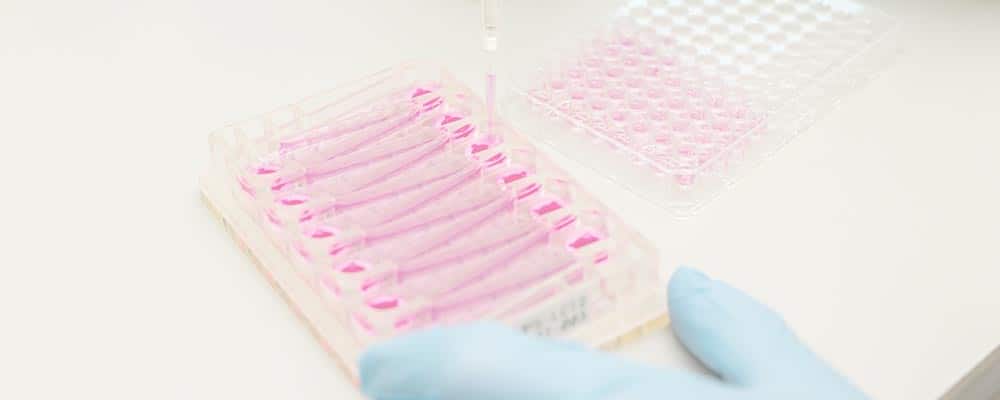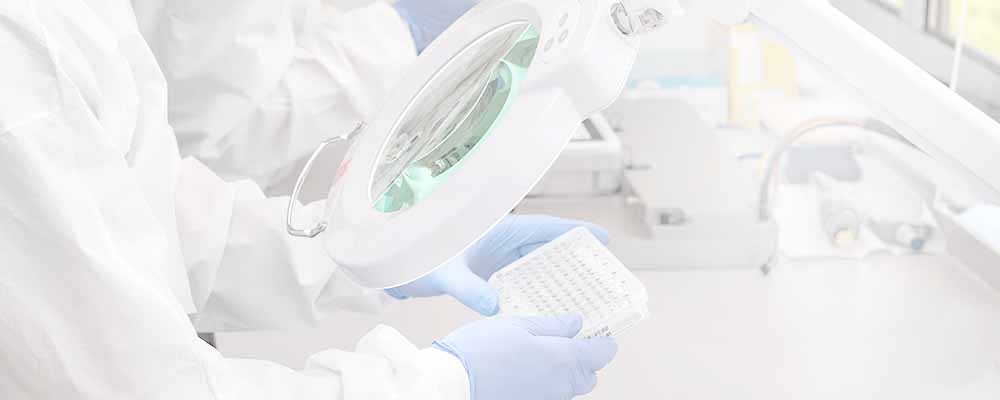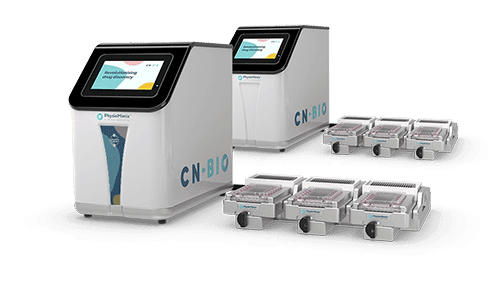Human-relevant in vitro safety toxicology models better predict adverse drug effects to reduce risk in the clinic
Current industry methods
Simple cell culture systems lack physiological complexity and animal models are poor predictors of drug safety in humans. This limits the extrapolation of data from these systems to human safety toxicology.
Many drugs with clean preclinical toxicity profiles will produce adverse effects in human trials leading to costly late-stage withdrawals and potential harm to study participants. Conversely, false positive results may cause the termination of potential blockbusters unnecessarily.
Advancements with PhysioMimix®
PhysioMimix organ-on-a-chip models recreate in vivo physiology and function in vitro. They provide a human-specific understanding of potential drug toxicity in healthy and diseased organ models.
Data derived from these models complement data from more traditional approaches to flag potential side effects and allow these to be addressed early in the drug discovery pipeline.

Drug-induced liver injury
Adverse drug reactions are a major clinical problem, and the liver is one of the most susceptible organs to drug toxicity.
Our drug-induced liver injury (DILI) assay can assess the toxicity of a wide range of entities (small molecules, protein, ASOs, AAVs, etc) in the presence or absence of liver disease.
It facilitates more informed predictions of human liver responses to acute and chronic drug exposure using a broad spectrum of clinically translatable endpoints.

Immune-mediated toxicities
Predicting immune-mediated, or idiosyncratic toxicity is challenging because of the complexity of the immune system, limited understanding of the underlying mechanisms, and a lack of suitable models.
Our immunocompetent organ-on-a-chip models can provide data on the reaction mechanisms that determine how inflammation influences drug-induced toxicity.

